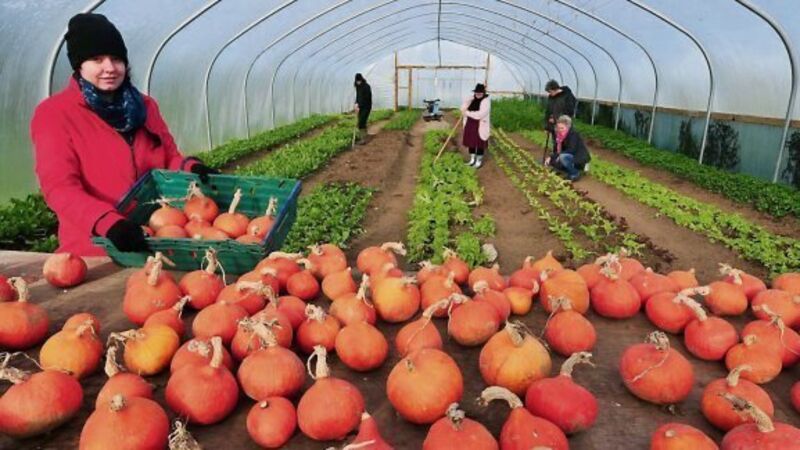Getting back to good mental health on a community farm

It is one of those sleety, bitter-cold mornings – when slinking further under the duvet would offer a warm refuge.
But at Slí Eile, in North Cork —a refuge of a different sort — it was business as usual.











